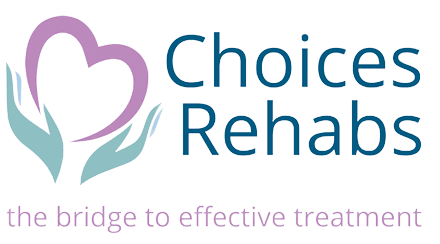Proof of that can be seen through the story of Andrea (not her real name). She was caught in a cycle of re-offending and was well-known to the prison and substance misuse service. She has six children – four have been adopted and two she still had supervised contact with.
A significant turning point for Andrea was while she was in prison in late 2021. She feared if she did not change her lifestyle she would lose contact with the children she still saw.
She expressed to the prison team on a number of occasions that she would love to have the opportunity to restart her life and said she was very excited at having the possibility of doing so.
A number of multi-agency meetings were held between the prison, probation and public health commissioners and it was decided she would be a good candidate to join the residential rehab programme. In early 2022 she was released and went straight to the rehab centre. A detailed care plan was developed for her, which included weekly counselling and EMDR psychotherapy alongside other support.
This included attending a minimum of two mutual aid groups per week and those supporting her said she “really embraced” the importance of getting a strong recovery support network.
She attended several other groups too, including relapse prevention, emotional management and a “helping women recover” group, which uses theories of psychological development, trauma and addiction to help people explore and process the underlying reasons why they use substances as a coping mechanism. The programme consists of 17 sessions which cover self-esteem, sexism, relationships, domestic violence and trauma.
Andrea is coming towards the end of her stay at the centre and is in the process of moving to a re-settlement project. She is full of hope for the future and has set her sights on doing some volunteering work. “I am so thankful to have had this opportunity and so pleased I can now live a life free from addiction and continue to repair relationships with my family and children.”
Following the success of the initial pilot, more funding is being set aside for the coming year to pay for other female prisoners to go through the rehab service.
“We are really pleased with how the pilot has gone,” said the commissioner. “Andrea’s story is an illustration of what can be achieved. She will continue to receive support once she is moved. That really is the key – providing long-term help, that is gradually reduced as appropriate.
